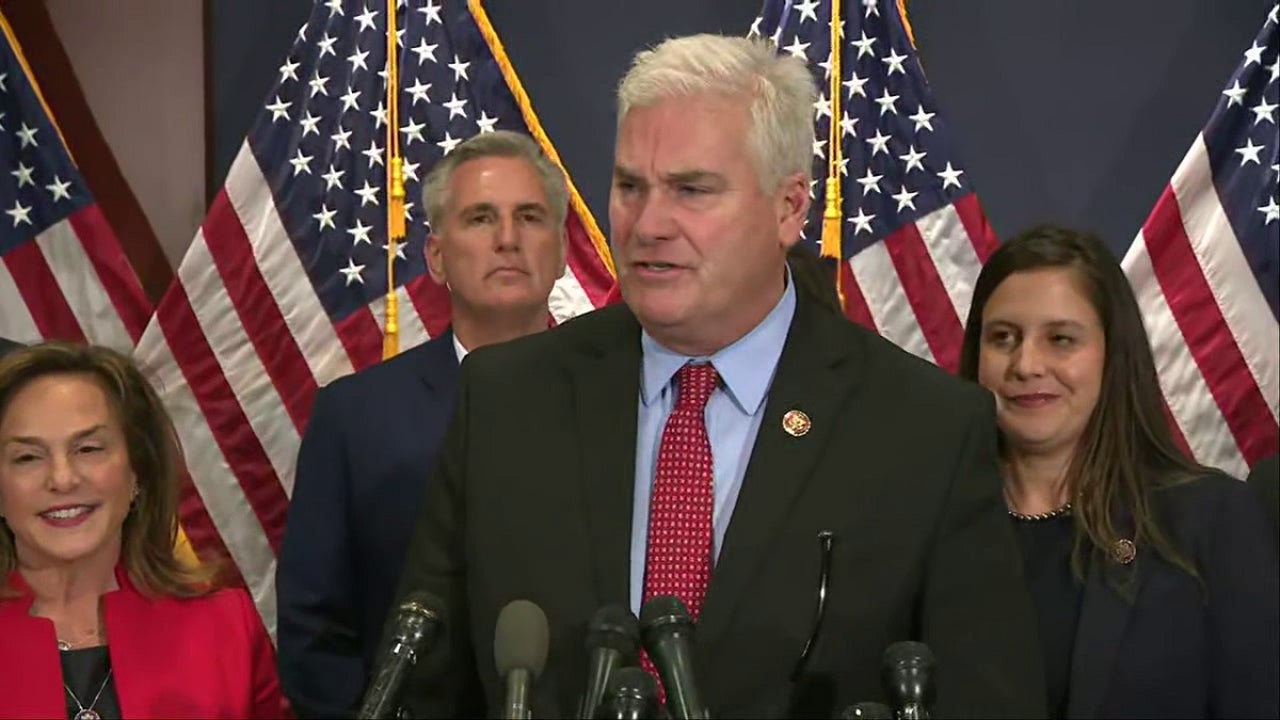US Republican congressman Tom Emmer has submitted yet another crypto-related bill, this time to relieve blockchain developers of onerous financial reporting obligations. The new measure may serve to rectify contentious language in the Biden Administration’s infrastructure bill, which is slated to be introduced in late 2021 and could hypothetically classify a large portion of blockchain network members as digital asset “brokers.”
Emmer’s measure, which was shared on Twitter on Thursday, intends to offer a “safe harbor” for blockchain developers and blockchain service providers that do not directly own the private keys used to access customers’ assets.
According to the Blockchain Regulatory Certainty Act, such parties should not be recognized as money transmitters or financial institutions, nor should they be subject to registration and licensing requirements unless they are actively involved with crypto asset custody.
“If you don’t custody consumer funds, you are *not* a money transmitter. The Blockchain Regulatory Certainty Act provides this necessary certainty for miners, validators, wallet software providers, and the entire blockchain ecosystem.”
argued Emmer.
In November 2021, Biden’s infrastructure bill contained a clause requiring digital asset “brokers” to submit information. Opponents of the measure said that the term “broker” was wide enough to possibly apply to miners, stakeholders, and even developers, who would be unable to fulfill such standards.
A group of crypto-friendly legislators sought, but failed, to change the text of the bill before it was enacted. As a result, supporters of Emmer’s new law believe it will give some of the essential certainty to prevent the crypto business from moving offshore.
“For too long, federal regulators and policymakers have jammed the blockchain ecosystem into statutory definitions that just do not make sense.”
stated Emmer.
The Regulatory Battle for Crypto
Definitions are a tricky subject for crypto in the United States – especially when determining which digital assets are “securities” under federal securities laws.
Securities and Exchange Commission chairman Gary Gensler has long argued that virtually all cryptocurrencies are securities, with Bitcoin being the sole exception as a crypto commodity. Meanwhile, The Commodities and Futures Trading Commission believes there are far more crypto commodities than that – including Ether and Tether (USDT).
The agency is now preparing to sue America’s largest crypto exchange for listing certain security tokens, which Coinbase contests do not qualify as such. It is also reportedly targeting the exchange for its staking service, as it already did with rival exchange Kraken last month.


